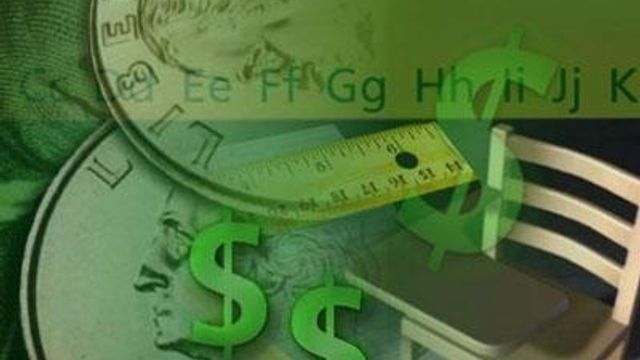Local News
Millions in Civil Penalties Will Go to N.C. Schools
A Superior Court judge indicated Thursday he will make the state pay public schools an estimated $700 million in revenue collected from civil penalties over part of a five-year period.
Posted — UpdatedRALEIGH, N.C. — A Superior Court judge indicated Thursday he will make the state pay public schools an estimated $700 million in revenue collected from civil penalties over part of a five-year period.
The exact amount school systems will receive is still unclear, however. About $768 million was collected from January 1996 to July 2005 – the period in which the suit's plaintiffs say the state illegally withheld money.
Judge Howard Manning decided money collected from September 1997 to July 2005 from tax penalties, parking tickets at state universities, vehicle fines and other sources should go to the state's Civil Fines and Forfeitures Fund, which would then allocate the money to the state's school districts for technology.
Manning's decision comes after the North Carolina Supreme Court ruled in 2005 that schools are entitled to the money. The North Carolina School Boards Association and school boards from six local counties, including Wake, Durham and Johnston, filed the suit in 1998.
"We think that great progress was made today, that Judge Manning has clearly indicated what he's going to do," said Leanne Winner, director of governmental relations for the School Boards Association.
The state's attorney had no comment.
Still at issue, and what Manning did not decide on Thursday, is how to distribute the revenue collected during a 20-month period prior to 1997, before the state created the Civil Fines and Forfeiture Funds.
He could rule on that at the end of January or early February.
The state contends the money should go only to the plaintiffs instead of school districts across the state. Also at issue is how to distribute the money among districts and whether it should be designated for school technology – none of which was in place at the time the penalties were collected from January 1996 to September 1997.
Manning asked the state and plaintiffs to look at the $768 million in question and determine how much was collected during the first 20 months.
He did not say when he would make his final decision and enter the official order.
"The case has been around for a very long time, and we hope that it will come to closure very shortly," Winner said.
• Credits
Copyright 2024 by Capitol Broadcasting Company. All rights reserved. This material may not be published, broadcast, rewritten or redistributed.





